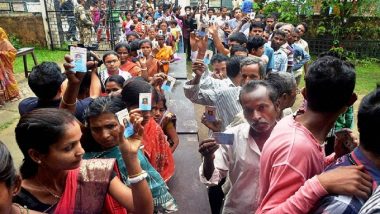New Delhi, Feb 28: 'One nation, one election' is likely to remain among the top agendas of the ruling Narendra Modi government at Centre as the Chief Ministers of all BJP-ruled states met the Prime Minister today to discuss the feasibility of the project.
Government's intent towards holding one singular election for the Lok sabha and all State Assemblies appeared to be legit when President Ram Nath Kovind, in his address to the Parliament ahead of the Budget Session, said "the time has come to conduct simultaneous elections".
It is perhaps the strongest signal of intent ever shown by the government on an issue which according to many political commentators continues to be a hot potato.
The very first reference to holding simultaneous elections in India goes back to the 80s when Election Commission under a series of recommendation sent to the Cabinet called for an evolution of a system which will be able to conduct Lok Sabha and State Assembly polls simultaneously. These were part of broader reforms the body wanted to bring about in the way elections are conducted in India. One of the many reasons given by the Election Commission was that holding these elections together would be highly beneficial in terms of negating the slow-down seen in the administration on count of moral code of conduct. These slow down bring a lot of hardship and suffering for the common man. This moral code of conduct continues for a period of certain months for till the poll campaign and other process get over and is chaotic for the government machinery. This point was also raised by the present government in New Delhi when it defended its stance on the issue.
Apart from the administrative challenges faced by the governments on account of several elections throughout the year in several states on top of one general election every five years for electing the union government, there is also the issue of election expenditure. It is believed that the political parties under the present setup are under tremendous pressure for coughing up resources. The Lok Sabha election in particular in which every constituency is spread over a large area, the candidates find backing very difficult to come by as their constituent state assembly counter parts have already won or are yet to fight elections. This culture has given rise to pumping in large sum of black money in elections that has withered our economy for decades. It also renders the Election Commission incapable of keeping a cap on the expenditure. In addition to the economic point of view, if we look purely from an individual perspective, simultaneous election also leads to loss of productivity. We all know that the volunteers for the election apart from the security personal are made up by large civilian population who has to give up its normal duties and help the government in the smooth execution of the election process.
While the reasons in favor of simultaneously elections may sound pretty convincing, it remains a work in progress. One of the major road-block that has stalled its progress is the interference between state and national politics. The Indian public has always has had this tendency to be emotional voters and if one desires to win he or she has to be understanding of this sentiments. Hence, an issue which is of National Importance can be completely put aside and a state issue may find relevance and vice versa benefiting the political bigwigs in unimaginative ways. Many critics have also pondered on the idea that dual elections are a big blow to the fundamental structure of India defined in the constitution. An amendment to the constitution means playing with fire. The supply of logistics and building the necessary infrastructure needs hefty allocation in the budget towards the election commission alone which considering the budget constraints hardly finds suitors in the government.
Hence in order to bring about this reform, the government will have to walk the talk. It will for all probability have to bring forward the dates of the Lok Sabha elections of 2019 while also manage the dates of many state elections. If the government is ready to bite the bullet, the reform indeed seeks to change the way people in India vote.
(The above story first appeared on LatestLY on Feb 28, 2018 06:56 PM IST. For more news and updates on politics, world, sports, entertainment and lifestyle, log on to our website latestly.com).


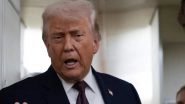


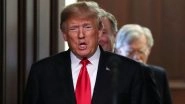
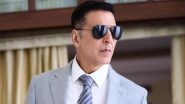
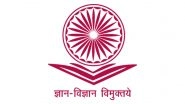
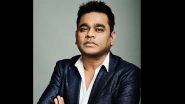
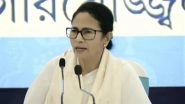

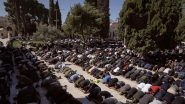

 Quickly
Quickly